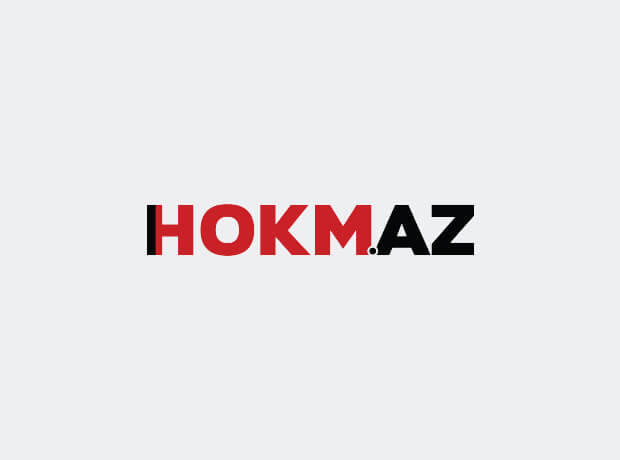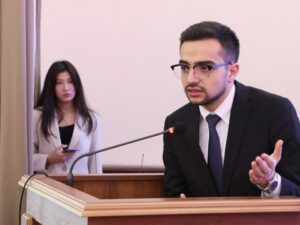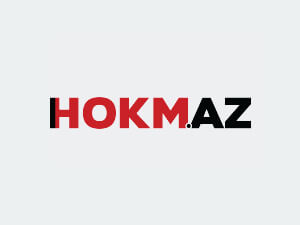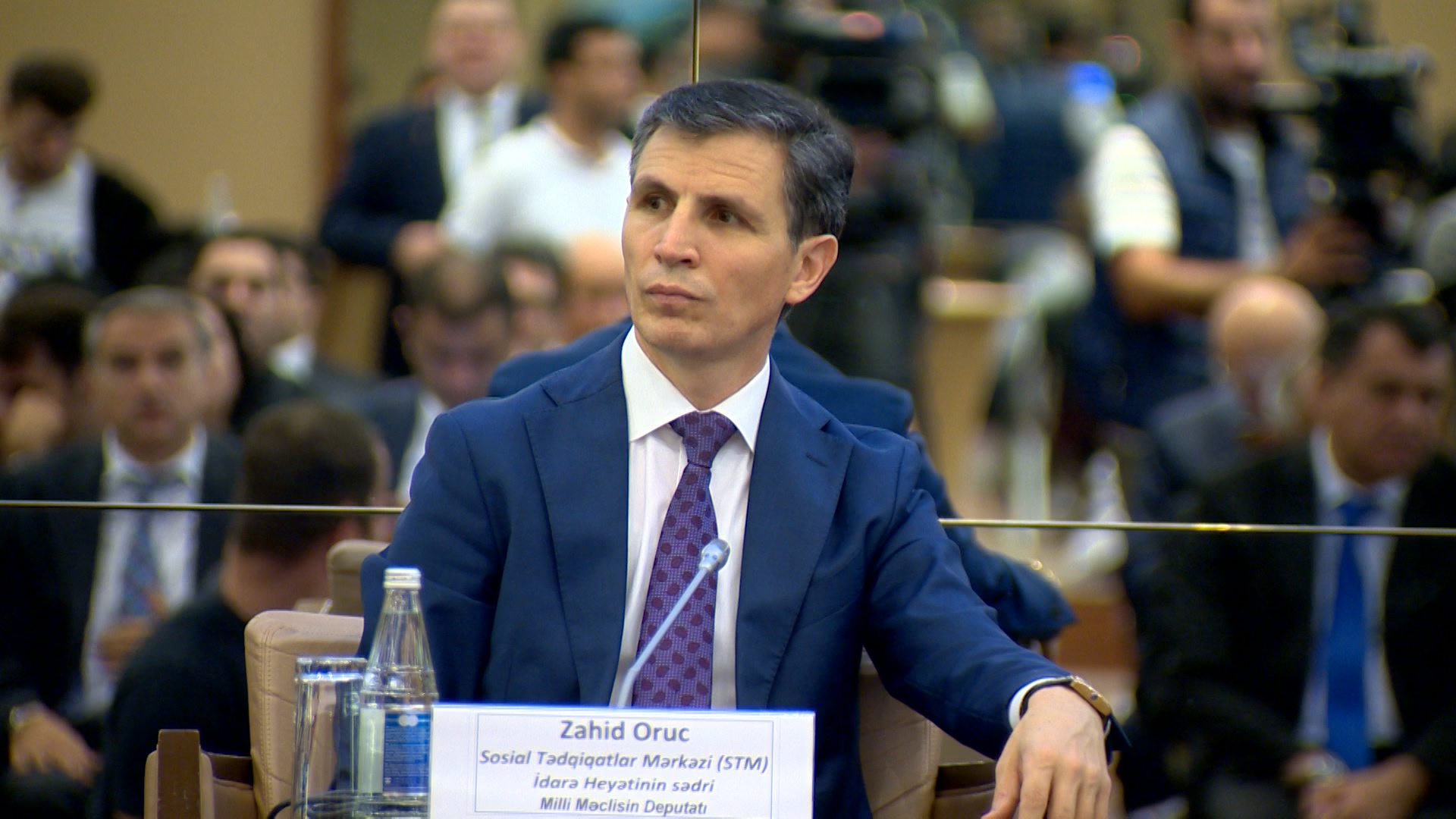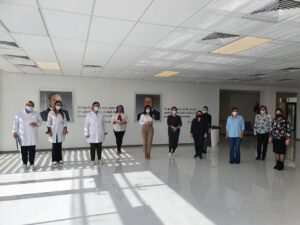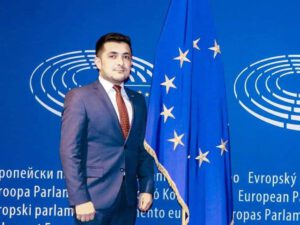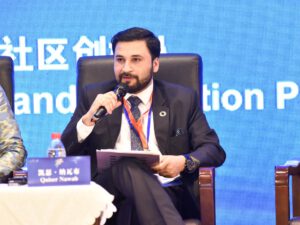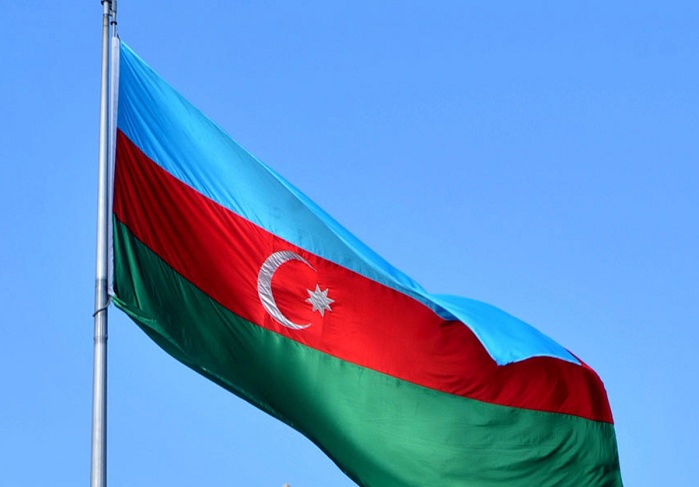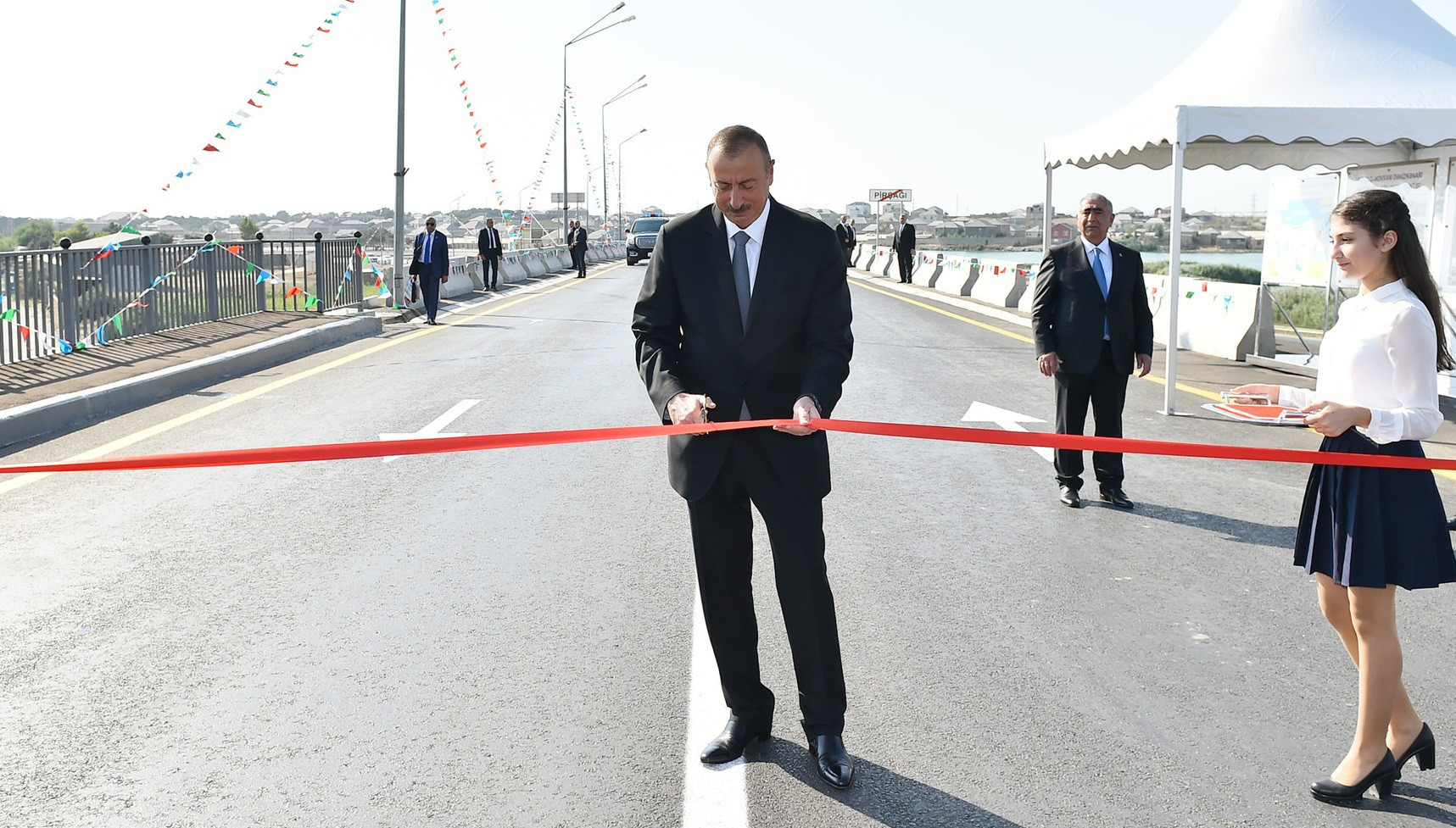The COVID-19 vaccination programme was launched in Azerbaijan on January 18, 2021. At the initial stage, the priority will be given to the people working in certain areas considered to have higher risk of infection.
Survey conducted by the Social Research Center in December 2020 indicate different points of views on vaccination in society. Lack of a clear public position on the vaccine can impede successful implementation of mass vaccination in a short period of time.
What is the attitude towards vaccination across the world?
Attitudes towards vaccination are ambiguous in many countries outside Azerbaijan as well. An international survey of 18.000 respondents in 15 countries1 in October 2020 found more than 80% of the population in India, China, Brazil and South Korea to have an intent to be vaccinated, compared with 54% in France. The figure ranges between 60-70% among the United States, Germany and Japan. A similar survey in December found that France, Russia and South Africa had significantly lower rates of vaccination intent than other countries covered2.
In Israel, one of other countries where mass vaccination policy is one of the most effective in the world, 63% of respondents plan to be vaccinated (as of the last week of December 2020).3 For the population over 65, the figure was 82%.
A survey of 18-55 years old people in 12 cities found that 44% of respondents were against the vaccine in Turkey. A survey conducted by VSIOM5 in Russia found that 38% of the population planned to be vaccinated, while 52% did not. The majority of these 52% are 25-34 years old (70%), and the majority of 38% are 45 years old and older (44%). 16% of respondents said they preferred a foreign-made vaccine to a local one, while 29% said they wanted to get it by 2021.
The aim of the longitudinal survey by Social Research Centre is to monitor the dynamics in several areas such as the population’s response to the vaccine and the vaccination programme, public awareness of vaccines, public confidence in the health system, the level of anxiety and fear of the population about COVID-19, experiences and problems of respondents infected with COVID-19.
In addition to the abovementioned issues, the examination will allow to directly observe the impact of any change or intervention on the COVID-19 vaccination programme. To note, longitudinal survey design is used to measure trends over the long term.
Methodological principles of the survey. The survey was conducted by telephone between the urban, regional and rural population of Baku, Absheron and 7 economic regions (Ganja-Gazakh, Sheki-Zagatala, Lankaran, Guba-Khachmaz, Aran, Mountainous Shirvan, Upper Karabakh). The survey involved 1,200 randomly selected respondents. Interviews with respondents were conducted on January 22-24, 2021.
IPSOS MORI (2020) COVID-19 vaccination intent is decreasing globally.
2 IPSOS MORI (2020) COVID-19 vaccination intent is decreasing globally.
3 The Times of Israel (2020) Poll: 63% of Israeli public, 82% of those above age of 65, plan to get vaccine.
4 Sputnik Türkiye (2021) Araştırma: Türk halkının yüzde 44’ü aşı yaptırmayı düşünmüyor.
5 ВЦИОМ (2020) Вакцинация: ключ на старт!
OVERVIEW OF THE RESULTS OF THE SURVEY
I. Awareness of COVID-19 vaccination
92.0% of respondents are aware that COVID-19 vaccines will be administered in Azerbaijan from January 18 onwards.
Two main sources from which people receive information about COVID-19 vaccines are: local television (67.3%) and social networks (43.2%).
76.4% of respondents do not know what vaccines are currently used against COVID-19 in the world.
58.3% of the 23.6% of respondents who reported that they could not name these vaccines. CoronaVac (31.8%), Sputnik V (12.4%) and Pfizer (9.2%) are the most cited jabs.
II. COVID-19 vaccination attitudes and intentions
18.3% of respondents plan to be vaccinated against COVID-19 in the near future, and the same number of respondents (18.5%) plan to be vaccinated against the COVID-19 virus after certain time. In general, 41.3% of respondents do not plan to be vaccinated (respectively, 10.8% “do not think in the near future”, 30.5% do not think at all). Almost one in five respondents (21.9%) is undecided about vaccination.
58.3% of the whole sample think that if they are vaccinated, it will have a negative effect.
45.0% of men and 28.0% of women want to be vaccinated in the near future or after a while.
The majority of those who want to be vaccinated in the near future by age group are over 65 years old, which is understandable (33.6%). The closest result to this indicator was observed in the age group of 45-54 years (19.2%). However, after some time, the majority of those who want to be vaccinated are concentrated in the age group of 45-54 years (22.1%). The majority of those who never want to be vaccinated are in the 18-24 (32.0%) and 25-34 (35.6%) age groups.
As the level of education increases, the number of people planning to be vaccinated increases.
Respondents who do not want to be vaccinated against the COVID-19 virus are concerned about several issues. 46.5% of respondents do not want to be vaccinated because of its potential side effect, whereas a quarter (25.3%) do not trust the quality of the vaccine. 17.3% think the vaccine is too new, and we have to wait more to see its effects.
15.4% of the respondents do not want to be vaccinated because of their current health status
48.1% of respondents said they were not likely to be infected. 8.5% of respondents rated the probability of infection as high, 19.4 rated it as average, and 24.0% rated it as low.
More than half of the respondents (52.2%) said they were not afraid of being infected with COVID-19, and 27.2% were less afraid. Only 20.7% of respondents are very afraid of becoming infected with COVID-19.
16.3% of respondents said that they are willing to be vaccinated in exchange of a fee in other medical institutions if their turn comes late.
III. Attitude and confidence in the effectiveness of the vaccination process in the country.
48.5% of respondents think that choosing the Chinese-made CoronaVac vaccine for use in Azerbaijan is a totally correct decision, and 22.4% think that it is partially correct. While 10.4% of respondents expressed the opposite position, 18.7% held no opinion.
While 42.6% of respondents fully believe that vaccination will be effective in our country, 37 % partially believe in it. On the contrary, 13.3% of respondents do not believe that vaccination will be effective in our country.
31.6% fully and 39.7% partially trust in the honesty of the scientists involved in the development and testing of COVID-19 vaccines. 16.4% of respondents did not trust it at all.
33.7% of the sample trust in the integrity of the health system organizing and managing the vaccination process in Azerbaijan. 18% hold a partial trust. While 35.1% of respondents did not trust in their honesty, 13.2% did not know.
Although 29.8% of respondents said that vaccination of officials had a positive effect on their confidence, in general, 54.1% said that it had no effect (19.3% said “no, no effect, I had high confidence”, 34.8% said “no, it has no effect, my trust is low ”). 8.3% of respondents do not know about it.
IV. COVID-19 experience
9.6% of respondents and 11.5% of family members were infected with COVID-19.
39.2% of people infected with COVID-19 reported having difficulty finding medication for the disease. 51.1% of respondents said they had no problems. 8.7% of respondents did not need to look for drugs.
78.3% of people infected with COVID-19 sought medical help. While 89.6% of applicants (144 people) used medical services, 10.4% did not.
55.1% of the respondents benefiting from the medical service (129 people) were satisfied with the quality of the service, while 44.9% were not satisfied.
63.3% of all respondents are fully satisfied with their current health status, 30.7% are partially satisfied.
29.9% of all respondents said they had at least one disease. The two most common diseases cited among respondents were cardiovascular (30.9%) and endocrine system diseases (26.7%).
32.2% of the respondents said that there are people belonging to the risk group in the household they currently live.
The regression analysis identified several factors holding a statistically significant effect on the decision to vaccinate against COVID-19, some of which include gender, age, previous infection of the respondent with the COVID-19 virus and trust in the integrity of scientists.


